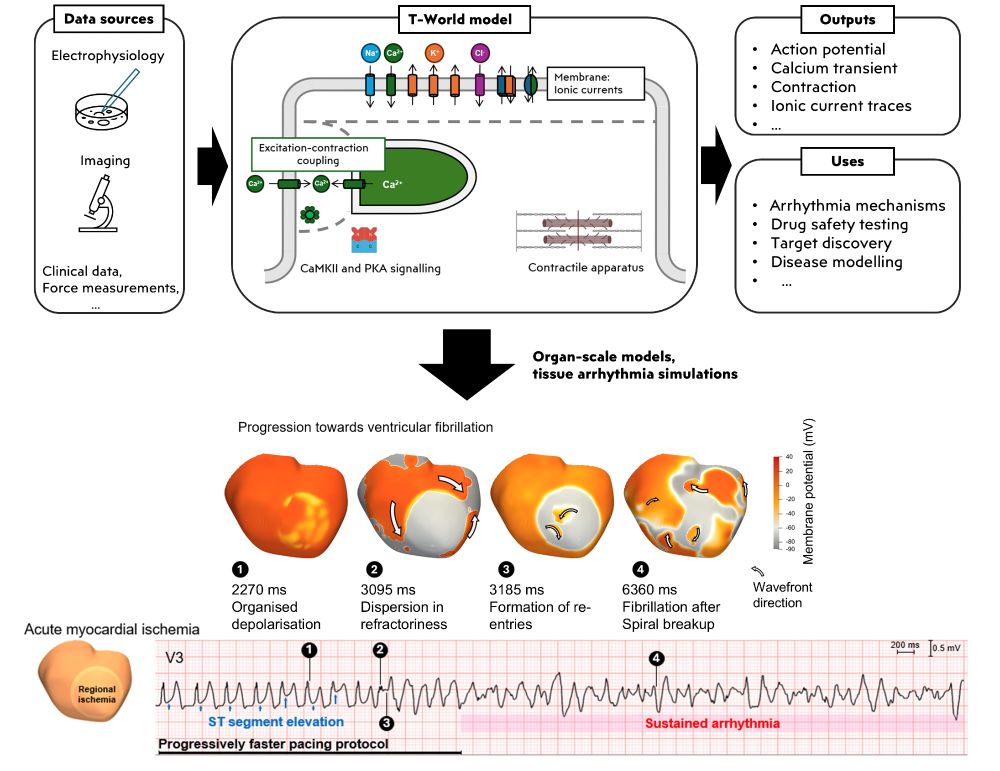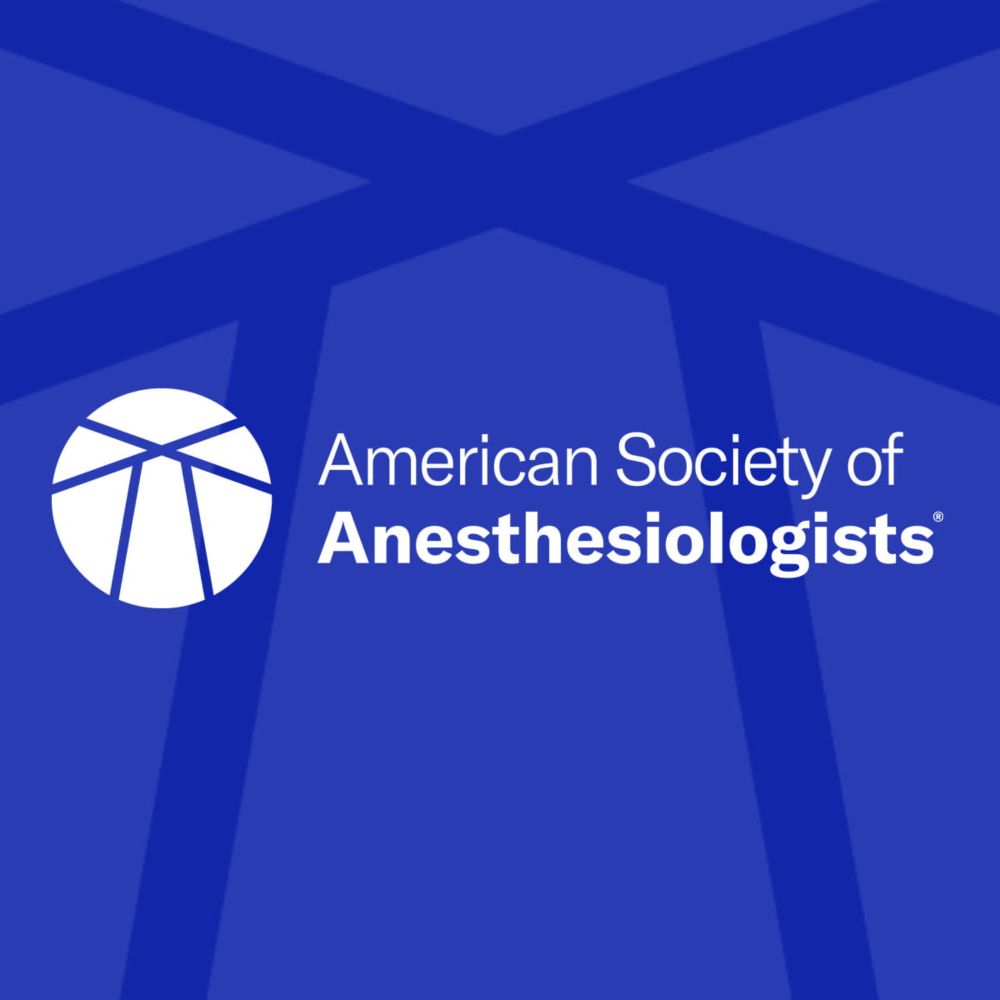Happy to answer any questions/discuss suitability for your projects!
Happy to answer any questions/discuss suitability for your projects!
As a final note, why does generality of a model matter so much?
6/X
As a final note, why does generality of a model matter so much?
6/X


(using this as a last slide in talks, with "THE END" added; sadly, fewer and fewer people get the reference)

(using this as a last slide in talks, with "THE END" added; sadly, fewer and fewer people get the reference)
www.asahq.org/about-asa/ne...

www.asahq.org/about-asa/ne...
2/4
2/4

